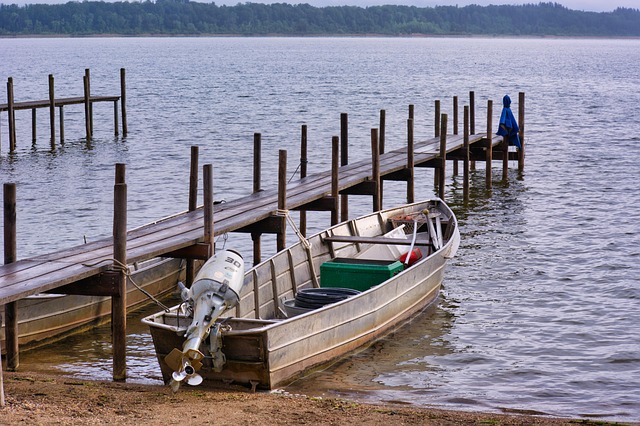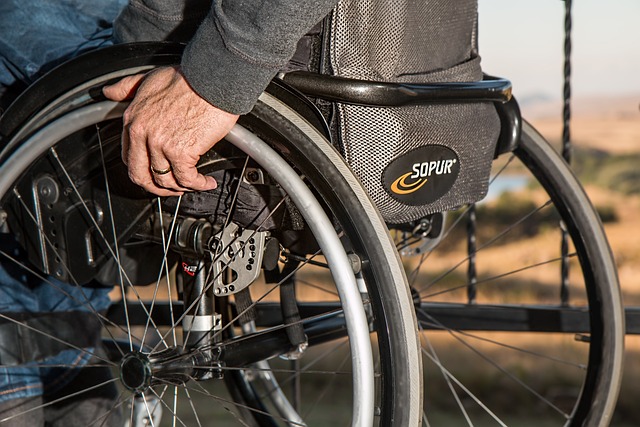Boat Rental Guide for Renters and Operators
Renting a boat can be a practical way to enjoy lakes, rivers, and coastal waters without the long-term commitments of ownership. Whether you’re booking a small day rental or arranging seasonal access for a crew, understanding how rentals work, what to inspect on an outboard motor, payment methods, and basic marine safety will help you get the most from the experience. This guide covers what renters and operators commonly need to know before heading out.

How does an outboard motor affect rental choices?
The type and condition of an outboard motor directly influence fuel efficiency, handling, and trip range. For renters, confirm horsepower limits relative to the boat’s capacity and the intended use: fishing, watersports, or leisurely cruising. Ask the rental company about the motor’s maintenance history, when it was last serviced, and whether spare parts or on-water support are available.
When inspecting an outboard motor before departure, check that it starts reliably, idles smoothly, and that the tilt and trim functions operate. Look for visible signs of corrosion or leaks around the lower unit and propeller shaft. If you’re unfamiliar with post-launch procedures, request a brief demonstration of warm-up, shifting, and emergency shutoff (kill switch) operation from the provider.
What should you inspect on the boat before agreeing?
A systematic check of the boat can prevent common problems during the rental period. Confirm the presence and condition of required safety equipment—lifejackets for all passengers, throwable flotation devices, fire extinguisher(s), and navigation lights. Review the fuel policy: is fuel included, or are you expected to refill before return? Note any existing hull damage and document it with photos or a written checklist provided by the company.
Also verify onboard systems: bilge pump operation, battery charge, functioning gauges, and electronics such as GPS or depth sounder if included. Ask about extra equipment like anchors, dock lines, or a swim ladder. If the boat uses an outboard motor, confirm that the fueling procedure and any oil-mix requirements are clear to avoid misfuelling.
Are financing and payments options available for rentals?
Most short-term boat rentals are paid via standard methods: credit card, debit card, or online payment platforms. Rental companies commonly place a security deposit or pre-authorization on a credit card to cover potential damage or fuel shortages. For longer-term arrangements—seasonal charters, lease-to-rent programs, or fleet subscriptions—some providers may offer payment plans or invoiced payments for businesses.
Payments are typically processed at booking and may require a deposit plus final payment at pickup. Review cancellation and refund policies carefully, and ask how disputes over damages are handled. If you need flexible payments, discuss options with the rental provider; they may accept scheduled invoicing for corporate or repeat customers, but independent third-party financing for short rentals is uncommon.
What marine rules and safety practices should be followed?
Marine regulations vary by country, state, and body of water, but common requirements include carrying a lifejacket for each person, displaying registration numbers or documentation, and obeying local speed and wake zones. Many areas require an operator to have a boating safety certificate or meet a minimum age requirement. Check the rules that apply in your area before launch.
Adopt prudent safety practices: file a float plan with someone on shore, monitor weather and tide forecasts, maintain communication devices (mobile phone, VHF radio), and ensure everyone aboard knows basic emergency procedures. Be mindful of environmental regulations, such as fuel handling and waste disposal, to protect marine habitats and comply with local laws.
How do local services and on-water support factor into rentals?
Access to nearby local services can make a rental more secure and enjoyable. Before confirming a booking, identify fuel docks, marine repair shops, towing or assistance services, and authorized dealers for your boat’s outboard motor brand in your area. Ask the rental operator about their policies for mechanical breakdowns and whether they have on-call technicians or a contingency plan.
For unfamiliar waterways, consider providers that offer route recommendations, charts, or guided options. If you plan frequent rentals, establishing a relationship with local services—marinas, launch facilities, and certified mechanics—reduces downtime and can simplify routine needs like fueling, winterizing, or motor maintenance.
Conclusion
Boat rental can be flexible and accessible with the right preparation: confirm the condition of the outboard motor, inspect safety gear and boat systems, understand payment and deposit procedures, and be aware of marine rules that apply in your area. Knowing where to find local services and support can turn a potentially stressful situation into a manageable one. Careful checks and clear communication with the rental provider help ensure a safer, more enjoyable time on the water.




